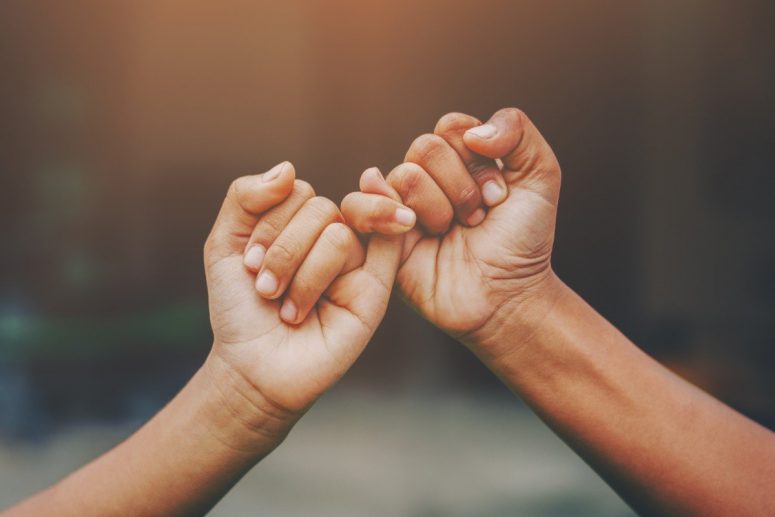“I can do better:” 7 proven ways to be more honest and earnest with yourself and others

The following comes from my self-mastery newsletter, which you can subscribe to here.
Being honest with others is hard enough, especially when it involves any embarrassing, compromising, or (heaven forbid) incriminating information. If honesty really is the best policy—which all behavioral psychologists agree with—then we will spend a lifetime trying to master this crucial, trust-building, but difficult skill.
If that wasn’t hard enough, I’ve got some more uncomfortable news for you: being honest with yourself might be even harder. That’s because we often lie to ourselves for extended periods of time about the person we really are, so we don’t have to confront the parts of ourselves that we don’t like.
That explains why so many people delude themselves or live in denial. If we are close to perfection or blameless in our own mind’s eye, then we don’t have to change. We just need to wait for others in the world to change for us. This, of course, is a recipe for stagnation. Not to mention loneliness, depression, and remorse.
Heavy stuff, I know. But I have some good news. All of us can learn to be more honest with ourselves and others, even if we were raised around bad examples of both. Granted, doing this is a life-long endeavor, but we can all increase momentum and hasten our own awesomeness by practicing the following:
1. Schedule time for self-assessments. In these assessments, ask yourself: Do you like where you’re at in work and life? If not, what types of changes can you make to improve? What areas of concern warrant the most attention? What kind of plan can you create to remedy the problem(s)? Whatever your answer, these assessments can be done daily, weekly, monthly, quarterly, and/or annually.
2. Don’t say “yes” when you mean “no.” Since we’re all social creatures, this is difficult to master, especially with people we like, love, respect, or fear. The more you can be honest with others, however, the more honest you’ll be with yourself. Be brave. Say “no” more often.
3. Be 100% responsible for your words and actions. See a pattern here? This is all hard stuff. But you can do hard things. So when you say something wrong, make a mistake, or even don’t know the answer, own it. Accept responsibility for it. Be willing to face the consequences. The great thing about this is the more you’re honest with your feelings and your communication with others (including body language as much as words), the more your actions will eventually reflect this. You’ll start acting in more honest ways. That’s powerful stuff.
4. Express gratitude. You might be tired of hearing about this all-powerful cliche. But it works as much here as it does for your overall happiness. When we express appreciation for the people, things, and experiences of life, our self-esteem radically improves. When we tell people “thank you” and recognize how much we depend on them, we feel better about ourselves. The better we feel about ourselves, the more honest we can be with ourselves and others. It’s a self-fulfilling cycle.
5. Acknowledge good and bad. One common way we delude ourselves is by ignoring the bad aspects of our lives. But ignoring problems doesn’t fix them. It only gives the problem space to grow. So recognizing problems is the only way to start changing. And none of us can do that if we only focus on the good. Life isn’t all roses and puppies. The sooner we accept this, the better we can position ourselves to improve both the control and quality of our lives.
6. Don’t beat yourself up. If there’s one downside to being brutally honest with ourselves, it’s succumbing to self-blame or overly criticizing ourselves for being fallible. The point is: humans make mistakes, sometimes glaring ones. You’re not alone. We must each accept this so we can get better. It’s okay to feel bummed out and sad sometimes. But we mustn’t dwell on those feelings. We must each accept our mistakes, understand that mistakes are a normal part of life, and then move to correct them.
7. Enlist an accountability partner. Honesty requires practice and humility. One of the best ways we can facilitate both, not to mention much of the above, is to enlist the help of an accountability partner to help keep us honest. That could be a spouse, parent, best friend, mentor, or spiritual leader. Whoever it is, let them know that you want to change and be more honest with yourself and others and ask them for their help in doing so.—Blake Snow
